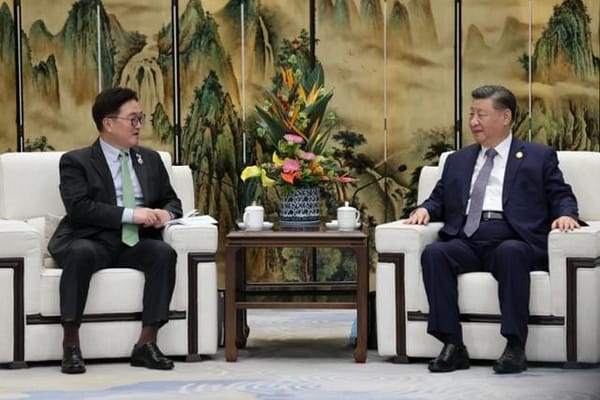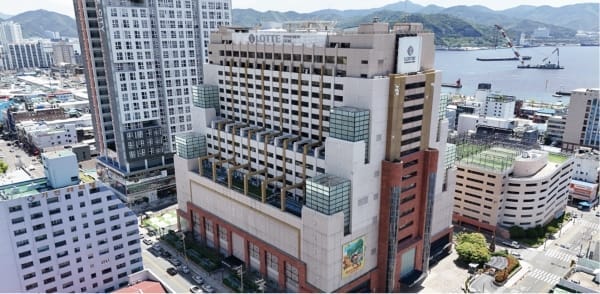Credit: Public domain.
It is not an exaggeration that the real estate market created the Yoon Suk-yeol 윤석열 administration. (See previous coverage, “The Real Estate Election, Again.”) Aware of its critical importance, the Yoon administration has been pulling out all stops to revive the rapidly deteriorating real estate market. The 2023 annual work plan by the Ministry of Land and Transportation 국토교통부, issued on January 3, is a desperate plea for South Koreans with money to buy more real estate and stop the slide in prices.
What is dubbed as the January 3 Real Estate Plan 1.3 부동산대책 can be summarized as radical relaxation of measures designed to prevent speculative investment by favoring those who actually need housing. The January 3 Real Estate Plan is virtually tailor-made to encourage the sales of luxury condos currently being built in the Dunchon-dong redevelopment project, which will inject more than 12k units into Seoul’s real estate market by late 2024/early 2025. (See previous coverage, “Dunchon-dong Troubles.”) The plan especially focuses on the regulations governing the new construction subscription 분양, i.e. the lottery process for newly constructed condos that is highly regulated in order to discourage speculation.
Owners of multiple houses can now participate in new construction subscriptions, a privilege previously reserved largely for first time home buyers. Additionally, the new rules have eliminated the requirement that a person with a house must sell their previous house within two years of moving into the newly acquired one. Also gone is the restriction that only those who do not own homes may participate in the bidding for under-subscribed construction projects - an easy way to pick up a house for a relatively low price.
The 10-year prohibition in the Seoul metro area against selling a house purchased through a new construction subscription was abolished; the new rules reduce the prohibition period to between six months and three years, depending on the region. The requirement for the homeowner to live in the house purchased through subscription was also nixed; now, the owner can immediately rent out the house, which encourages “gap investment 갭투자” through the jeonse 전세 rental system. (See previous coverage, “Villa Kings Expose the Jeonse System’s Flaws.”) Subsidized financing, which previously was available for condos priced lower than KRW 1.2b (USD 1.0m), is now available for condos at any price point.
The new measures, coupled with the real estate tax cut implemented in the 2023 national budget, send an unmistakable message to enterprising Koreans of means: borrow money and invest in real estate, because the barriers are gone. It appears that the Yoon administration is attempting to slow the deterioration of the real estate market until the Federal Reserve of the United States reverses its rate hike around late this year or early next year, after which the real estate market would be expected to rebound. But even if it succeeds, the January 3 Real Estate Plan is a recipe for creating yet another real estate bubble by incentivizing more capital to enter the real estate market, pushing out the people who actually need a house to live in.








